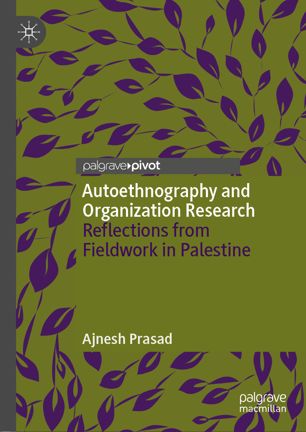

Most ebook files are in PDF format, so you can easily read them using various software such as Foxit Reader or directly on the Google Chrome browser.
Some ebook files are released by publishers in other formats such as .awz, .mobi, .epub, .fb2, etc. You may need to install specific software to read these formats on mobile/PC, such as Calibre.
Please read the tutorial at this link: https://ebookbell.com/faq
We offer FREE conversion to the popular formats you request; however, this may take some time. Therefore, right after payment, please email us, and we will try to provide the service as quickly as possible.
For some exceptional file formats or broken links (if any), please refrain from opening any disputes. Instead, email us first, and we will try to assist within a maximum of 6 hours.
EbookBell Team

4.1
30 reviewsAs a method for empirical inquiry, autoethnography has gained much purchase among business school academics. This book offers exemplars of how autoethnography can be leveraged to study myriad organization and management phenomena. Drawing on his own fieldwork in Palestine, the author engages with several timely questions including: What are the ethical implications of pursuing organization research at neo-colonial spaces? How should we account for the 'Other' when studying in ideologically fraught sites? And, how should we write so as to capture the spirit of autoethnography? In sum, this seminal text highlights the benefits of autoethnography in business school research.